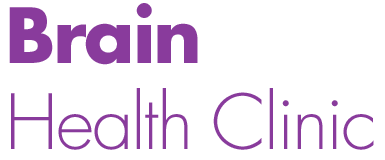
“Neurofeedback addresses an underlying mechanism for fatigue and cognition.” — Integrative Cancer Therapies
Feeling fatigued is normal after a long day or strenuous activity. Feeling tired throughout the day, however, is not normal and should be reported to your doctor. Fatigue often accompanies certain medical complications, such as cancer, fibromyalgia, and traumatic brain injuries. In some cases, a specific cause can be identified for the fatigue and successfully treated. Therefore, neurofeedback for fatigue is best used after a medical examination. And it may be that neurofeedback is the recommended therapy in your case, for it is known to be beneficial for reducing symptoms of fatigue.
For example, in a 2015 review published by the journal Integrative Cancer Therapies, two Canadian researchers examined 17 different studies of neurofeedback and its effectiveness for reducing fatigue and/or cognitive impairment. While the researchers were specifically looking for promising results in the case of cancer survivors, they found that either fatigue, cognitive impairment, or both were significantly improved with neurofeedback therapy, even when associated with a variety of different disorders.
Their decision to begin the review was originally motivated by a neurofeedback study with breast cancer survivors. That study demonstrated that neurofeedback led to “strongly significant improvements post-neurofeedback on all 4 cognitive measures, a fatigue scale, 4 psychological scales, and 3 of 8 sleep scales.” They continued to state: “These results suggested neurofeedback deserved further study as a method of addressing long-term symptoms in cancer survivors that may be safe, effective, and acceptable to patients.”
After examining each of the seventeen studies, they concluded the review by stating that “neurofeedback [is] safe and well tolerated…[and] rarely produces negative side effects, which is a major reason for its use.” They also stated that “each of these studies reported positive results for at least 1 fatigue or cognitive outcome in a variety of clinical (traumatic brain injury, fibromyalgia, central nervous system problems) and nonclinical (college students, adults, elderly) populations.” And their summary of the studies revealed “that neurofeedback addresses an underlying mechanism for fatigue and cognition common to these different issues.”
If you would like to try neurofeedback as an adjunct therapy to address your feelings of fatigue, contract the Brain Health Clinic of Sacramento for a free initial consultation. Call us by phone or submit a request online. We look forward to helping you move beyond fatigue.
